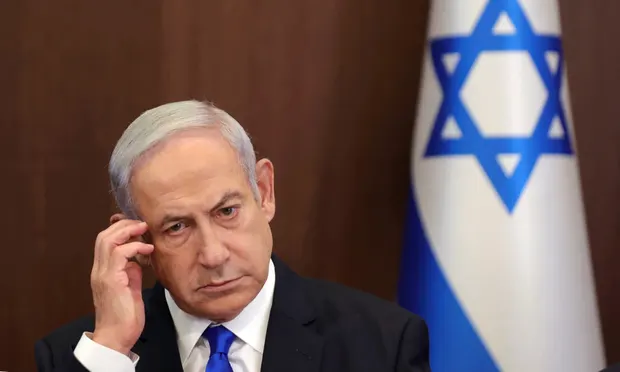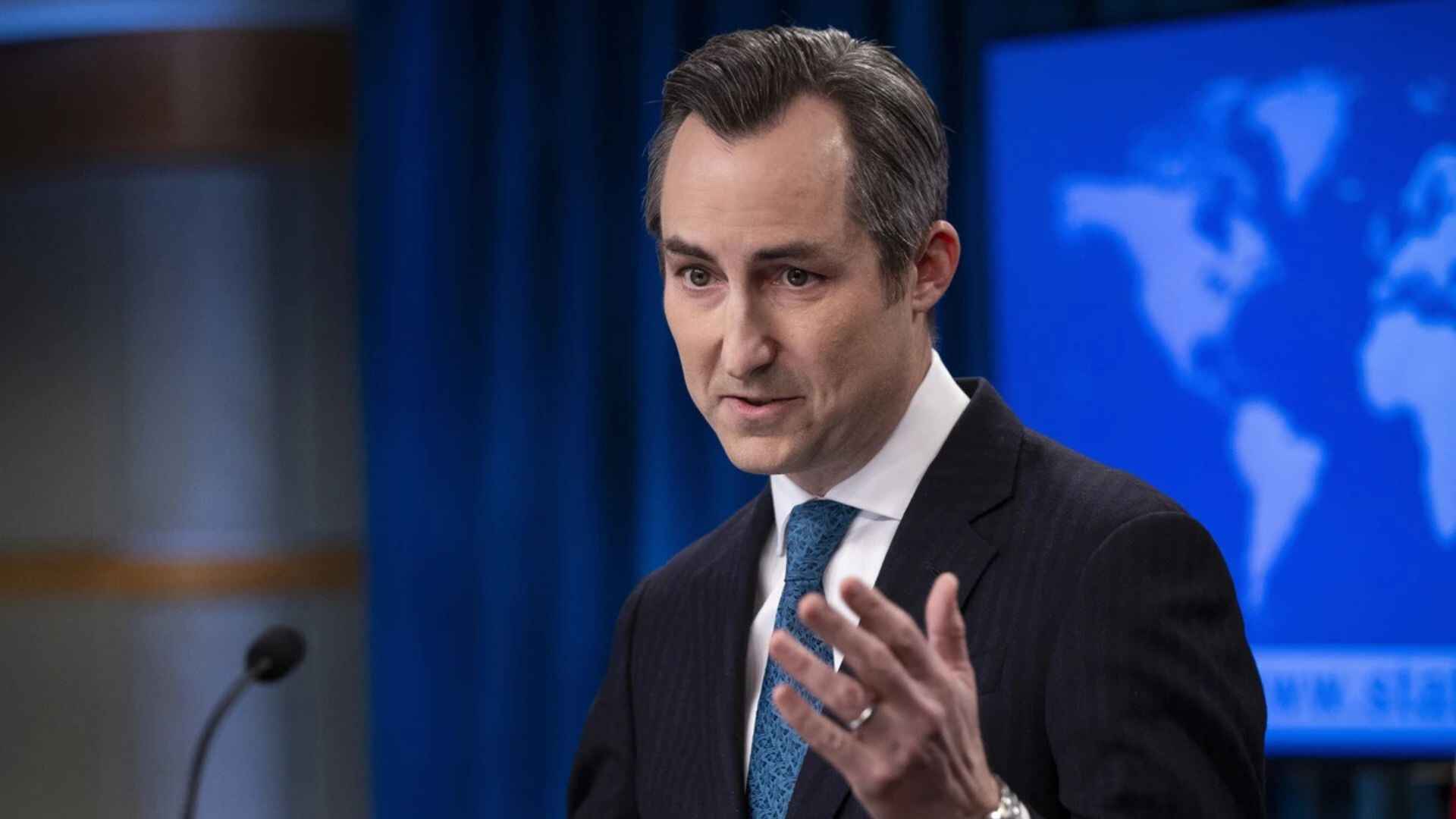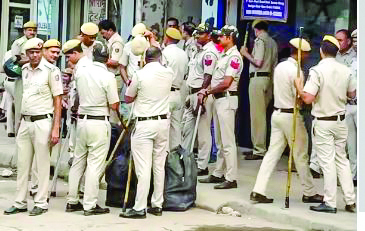
The UK government’s intervention at the International Criminal Court (ICC) is anticipated to delay the decision on whether an arrest warrant can be issued against Israeli Prime Minister Benjamin Netanyahu for alleged war crimes in Gaza. On Thursday, ICC judges permitted the UK to present legal arguments regarding the ICC’s jurisdiction over Israeli citizens before deciding on the arrest warrants requested by the ICC’s chief prosecutor against Netanyahu and Defense Minister Yoav Gallant.
Court documents reveal that after the prosecutor’s requests, the UK argued that the judges need to address “outstanding” questions about the ICC’s jurisdiction over Israeli citizens before issuing the warrants. This intervention by the UK has raised concerns among international law experts, who fear it may be politically motivated and an attempt to revisit previously settled legal issues.
In February 2021, an ICC panel confirmed the court’s jurisdiction in the occupied Palestinian territories, enabling the ICC’s former chief prosecutor to initiate a criminal investigation into alleged atrocities in Gaza, the West Bank, and East Jerusalem. However, last month, the UK government argued before an ICC pre-trial chamber that the 2021 ruling did not resolve jurisdictional issues related to the Oslo Accords, the interim peace agreements signed between the Palestine Liberation Organisation and Israel in the 1990s.
UK government lawyers asserted that the judges must determine whether the ICC can exercise jurisdiction over Israeli citizens in light of the Oslo Accords, which they claim prevent Palestine from delegating jurisdiction to the court. This argument aligns with the views of current and former senior Israeli officials who argue that the jurisdictional issues remain unresolved because Palestine lacks the authority to delegate jurisdiction under the Oslo Accords.
Experts believe that the UK’s intervention could delay the issuance of arrest warrants, though some, like a former ICC official familiar with the 2021 case, argue that the jurisdictional issues have already been resolved and any challenge would be “dead on arrival.” Mark Kersten, an ICC expert and criminal justice professor at the University of the Fraser Valley in Canada, stated that it would be surprising if the judges decided that Palestine, an ICC member state, could not request the court to address atrocities committed on its territories due to the outdated Oslo peace process.
Danya Chaikel, the International Federation for Human Rights’ representative to the ICC, criticized the UK’s attempt to challenge ICC jurisdiction using the Oslo Accords as “deeply troubling and unjust.” She accused the UK of prioritizing diplomatic relationships over accountability for international crimes and failing to address Israel’s noncompliance with the Oslo Accords, particularly regarding settlement expansions in the West Bank.
Clive Baldwin, a senior legal adviser at Human Rights Watch, remarked that the UK should not advocate for double standards in victims’ access to justice and urged the next government to support the ICC’s role in ensuring accountability and upholding the rule of law for all. A Foreign Office spokesperson stated that the UK believes the court has not yet addressed the impact of the Oslo Accords on jurisdiction in this case and emphasized the importance of doing so early in the proceedings.















